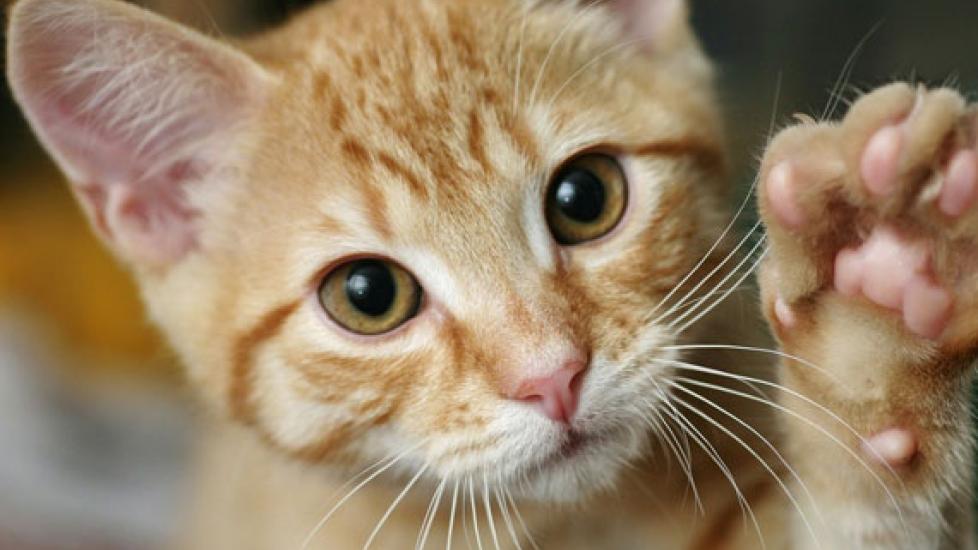Why FIV is Not a Death Sentence for Cats
Feline immunodeficiency virus (FIV) is, as the name implies, a virus that can infect cats. Caused by a retrovirus, FIV is in many ways similar to the feline leukemia virus (FeLV), which also is caused by a retrovirus. But there are also important differences between the two viruses.
How these two viruses are transmitted is one of the primary differences between them. FIV is almost exclusively spread through bite wounds. Experimentally, there is evidence that it can be spread sexually as well (1), but it is not currently known whether this actually occurs in nature or not.
FIV is often referred to as a disease of unfriendly cats. FeLV, on the other hand, is instead more common in friendly cats and can be spread through bodily secretions, particularly saliva. As a result, FeLV can be passed from one cat to another through grooming behavior and by sharing food and water bowls. It can also be spread through bite wounds and across the placenta from a mother cat to her kittens.
What does this mode of transmission for FIV mean for infected cats? It means that in a stable multi-cat household where minimal to no fighting occurs, the chance that a cat infected with FIV will pass the virus along to another cat is minimal. In fact, one recent study showed “a lack of evidence of FIV transmission, despite years of exposure to naturally-infected, FIV-positive cats in a mixed household” (2). (In this case, a mixed household was one in which at least one cat infected with FIV lived with other cats not infected.)
At one point, not too long ago, the recommendation for a cat that tested positive for FIV was to euthanize the cat immediately. Fortunately, because we now know much more about the virus, that recommendation is no longer the standard advice. Though FIV is a serious and likely fatal disease once a cat becomes symptomatic, infected cats can remain asymptomatic for long periods of time, sometimes for many years. I’ve personally known FIV cats that remained positive without any outward signs for five years or longer.
What about vaccination for FIV? Is it recommended for FIV-free cats living with those infected with FIV? That’s a question you’ll want to discuss with your veterinarian because each situation is different. Here’s what we know about the vaccine though: Some research has indicated that the vaccine is only minimally effective and may actually sensitize exposed cats to infection, with vaccinates becoming infected with higher viral loads than unvaccinated cats if exposed (3). In addition, the vaccine causes a false positive test result on the commonly used antibody-based FIV tests (ELISA and Western Blot) for up to 4 years, so determining the cat's true FIV status may be impossible should questions arise about the cat’s health.
Cats that test positive for FIV should be housed indoors. They also require periodic veterinary examinations and regular health care. These are important for all cats but doubly so for those infected with FIV.
Have you lived with a cat infected with FIV? Did your FIV cat share a home with other cats? Or are you thinking of adopting a FIV-positive cat but have other cats at home that you are worried about? We invite you to share your thoughts and experiences with us.

Dr. Lorie Huston
- Horizontal transmission of feline immunodeficiency virus with semen from seropositive cats; H L Jordan et al; Journal of Reproductive Immunology; December 1998;41(1-2):341-57.
- Transmission of feline immunodeficiency virus (FIV) among cohabiting cats in two cat rescue shelters; Annette L. Litster; The Veterinary Journal; Available online 31 March 2014 (currently in press).
- Limited efficacy of an inactivated feline immunodeficiency virus vaccine; S P Dunham et al; Veterinary Record; April 2006;158(16):561-2.
Image: Sue McDonald / Shutterstock
